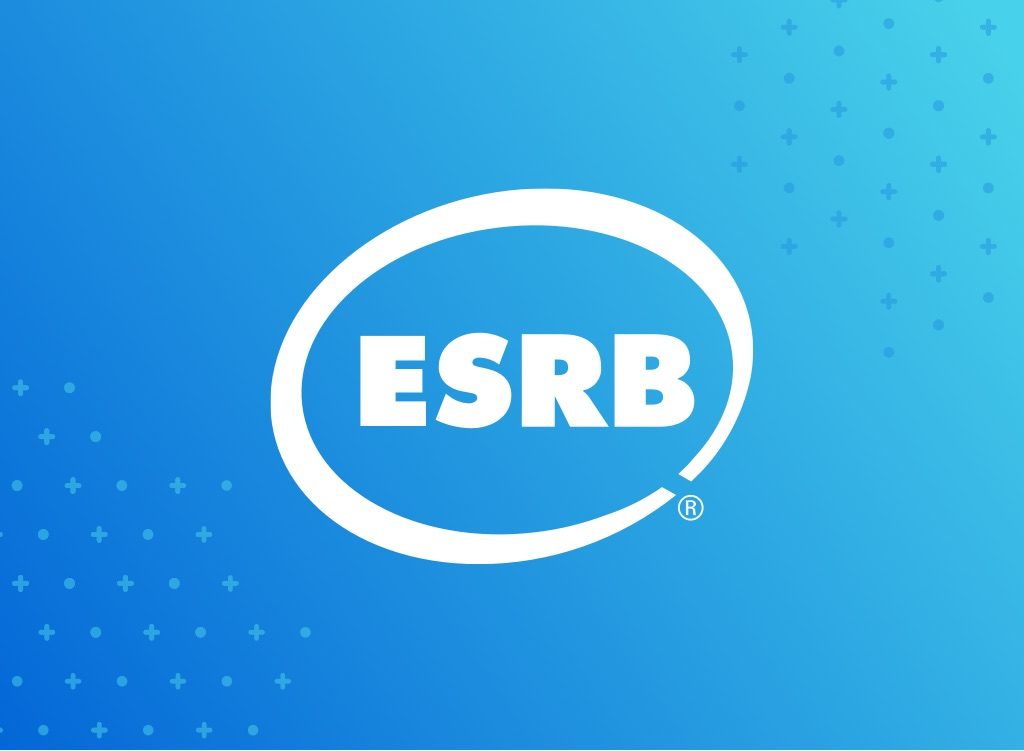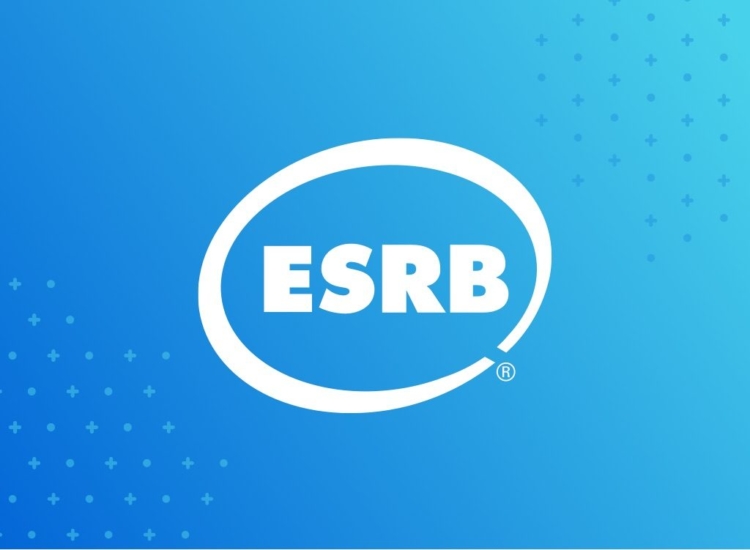Washington State Governor Chris Gregoire Featured In New PSA Campaign On Video Game Ratings

New Ads Explain and Encourage Parents to Use ESRB Ratings to Choose Age-Appropriate Games for their Families
NEW YORK, NY – The Entertainment Software Rating Board (ESRB), the non-profit, self-regulatory body that assigns age and content ratings for computer and video games, today announced the launch of a new Public Service Announcement (PSA) campaign featuring Washington Governor Chris Gregoire. The campaign employs both television and radio PSAs that explain video game ratings to parents and encourage them to check the rating each time they purchase a video game to ensure that it is appropriate for their children and family. The ads will begin running on stations throughout the state of Washington in the coming weeks.
“As a mom, I know parenting has many rewards, but it’s not always easy – especially when setting limits on your children’s entertainment choices,” said Governor Gregoire. “ESRB ratings provide guidance parents can refer to when they buy video games, so they can be sure that the ones they are choosing are suitable for their children. That’s why I’m working with the ESRB to raise awareness of the ratings among Washington parents.”
“Just like movies and TV shows, video games are created for a diverse audience of all ages, and not all of them are appropriate for children,” said ESRB president Patricia E. Vance. “That is why it is so important that parents remember to check the rating when purchasing games for their children, and why we continue to drive the message home to parents that there are tools, like ratings and parental controls, that can help them manage the games that their children play. We are very proud to have the support of Governor Gregoire in reaching out to Washington State’s parents about the resources at their disposal.”
The ESRB video game ratings employ a two-part system. As seen in the illustration below, rating symbols on the front of virtually every game package sold at retail provide an age recommendation, such as EC (Early Childhood 3+), E (Everyone 6+), E10+ (Everyone 10 and up), T (Teen 13+) and M (Mature 17+). On the back of each package, next to the rating, are content descriptors that provide information about what’s in the game that may have triggered the rating, or may be of interest or concern to parents. Parents are encouraged to check both parts of the rating when choosing games for their children.
Since its inception in 1994, the ESRB ratings have become a trusted resource for parents when choosing computer and video games. The most recent report issued by the Federal Trade Commission (FTC) found that 89% of parents with children who play video games are aware of ESRB ratings, and nearly three in four use them regularly when buying games.
“While many parents are aware of the ratings, and are making sensible game purchase decisions as a result, there’s always more that can and should be done,” concluded Vance. “With the support of Governor Gregoire, these ads will help arm parents with the information they need to make the right choices for their children and families.”
A complete list of ratings, content descriptors and their definitions can be found on the ESRB website at www.esrb.org. More information about ESRB PSA initiatives is available at https://www.esrb.org/about/psa.aspx.
– 30 –
About Entertainment Software Rating Board (ESRB)
The ESRB is a non-profit, self-regulatory body established in 1994 by the Entertainment Software Association (ESA). ESRB independently applies computer and video game content ratings, enforces advertising guidelines, and helps ensure responsible online privacy practices for the interactive entertainment software industry.
Contact:
Eliot Mizrachi, ESRB
[email protected]
917.522.3235

